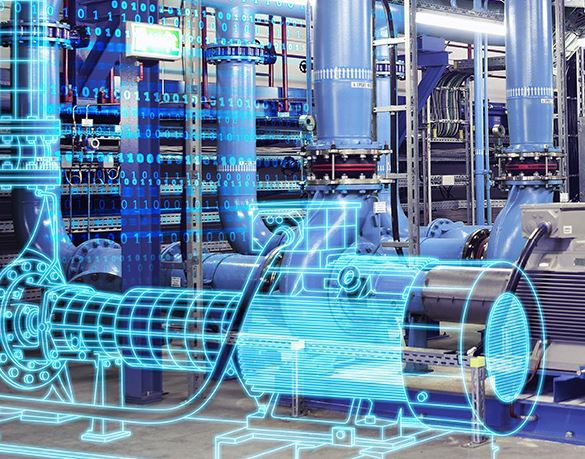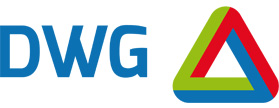In the age of digital transformation, it is becoming increasingly important to train people properly. Good training increases knowledge and understanding, and let that come in handy in a world where we work with systems everywhere! Practice shows that prompted by an aging population, but also already now, a lot of knowledge is lost in the industry. We are talking about knowledge gained through hands-on experience. Literally by standing with your feet in the mud. As an automation specialist, DWG also sees that it is not always easy for new people to quickly get to the same level of knowledge. Making mistakes, letting people learn is part of the game, but it is not always desirable in the industry. Major consequences often have an immediate negative effect in a plant and thus on the operation.
Training
Wat nu als u een echte fabriek kunt simuleren? Een leuk voorbeeld, neem Max Verstappen, die vele uren op een simulator doorbrengt om alle circuits op zijn duimpje te leren kennen. Ziet u ‘m al aankomen? Via een simulatie kunt u ook operators in een veilige omgeving sneller laten trainen de kans laten krijgen om fouten te maken zonder consequenties. Via simulaties wordt er heel veel meer mogelijk dan alleen nieuwe mensen trainen. U kunt ook scenario’s inbrengen om ervaren operators te trainen. Een doel kan zijn om calamiteiten beter te kunnen gaan beheersen. Voordeel? Downtime besparing.
DWG stands ready
DWG is building a “Digital Twin” for a client in the Port of Rotterdam. The software engineers are building an exact copy of the DCS and the parent MES and ERP system. The people working and being trained with the systems will have exactly the same interface in front of them as with the operational systems and could be trained intensively and effectively from order to delivery.
This is not all. Because all systems are present in one environment, training can also be done in a team context. People from different disciplines will work together better and understand each other better. The system can also be used to debottle-neck production or test the new automation solution. The payoff? Rapid commissioning and consistency of operation.

The advantages of Digital Twin summarized
- More efficiently train new employees;
- Training and testing all systems in conjunction;
- In team training with different disciplines;
- Maintain and increase knowledge of employees;
- Create uniformity in training and in the way all teams act and thus make the ability to act much more equal between operators;
- Looking for process improvements;
- Supporting Hazops and Lopas;
- Testing and debugging new automation;
- Faster commissioning, new process parts or MOCs and
- Less downtime or preventing it.



